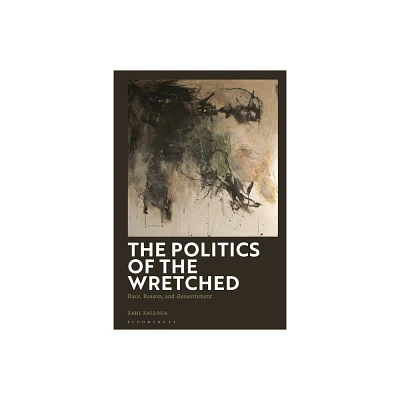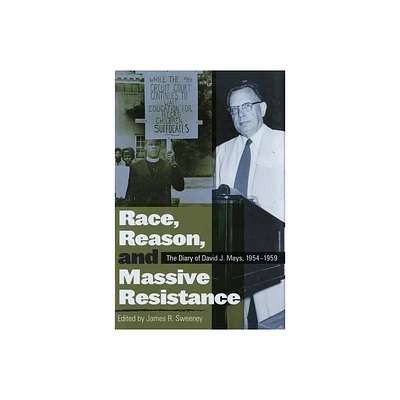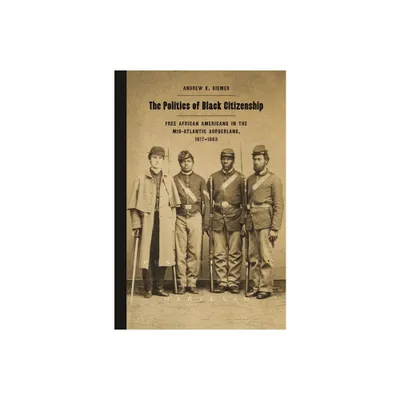Home
the Politics of Wretched: Race, Reason, and Ressentiment
Loading Inventory...
Barnes and Noble
the Politics of Wretched: Race, Reason, and Ressentiment
Current price: $115.00


Barnes and Noble
the Politics of Wretched: Race, Reason, and Ressentiment
Current price: $115.00
Loading Inventory...
Size: Hardcover
*Product Information may vary - to confirm product availability, pricing, and additional information please contact Barnes and Noble
The Politics of the Wretched
argues for
ressentiment
's generative negativity, prompting a shift from
as a personal expression of frustration to
as a collective “No”.
Inspired by Kant and Nietzsche's philosophy, Zalloua identifies two modes of deploying
– private and public use – by substituting
for reason. This reinterpretation argues for a public use of
, for the wretched to universalize their grievances, to see their antagonism as cutting across societies, and to turban personal trauma into a common cause.
A public use of
rails against the ideology of identity and victimhood and insists on
's generative negativity, its own rationality, prompting a shift from
as a collective “No”. Reframing
as a tool to oppose the evils of capitalism, anti-Blackness, and neocolonialism, it both alarms the liberal gatekeepers of the status quo and promises to energize the anti-racist Left in its ongoing struggles for universal justice and emancipation.
argues for
ressentiment
's generative negativity, prompting a shift from
as a personal expression of frustration to
as a collective “No”.
Inspired by Kant and Nietzsche's philosophy, Zalloua identifies two modes of deploying
– private and public use – by substituting
for reason. This reinterpretation argues for a public use of
, for the wretched to universalize their grievances, to see their antagonism as cutting across societies, and to turban personal trauma into a common cause.
A public use of
rails against the ideology of identity and victimhood and insists on
's generative negativity, its own rationality, prompting a shift from
as a collective “No”. Reframing
as a tool to oppose the evils of capitalism, anti-Blackness, and neocolonialism, it both alarms the liberal gatekeepers of the status quo and promises to energize the anti-racist Left in its ongoing struggles for universal justice and emancipation.


















